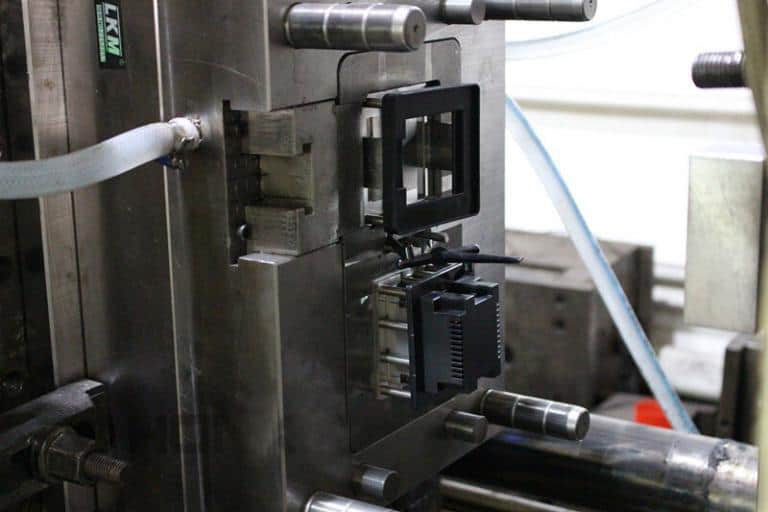Accelerating Innovation: The Power of Rapid Injection Molding
In today's fast-paced world of manufacturing, businesses are constantly seeking ways to stay ahead of the competition and deliver innovative products to the market quicker than ever before. Rapid injection molding is emerging as a key solution in this quest for speed and efficiency. This advanced technique allows companies to rapidly prototype and produce high-quality plastic parts with remarkable precision and consistency, revolutionizing the traditional manufacturing process. With its capability to swiftly transform design concepts into tangible products, rapid injection molding is making a profound impact across various industries, driving accelerated innovation and transforming the way businesses approach product development.

Benefits of Rapid Injection Molding
Rapid injection molding offers quick turnaround times for the production of high-quality parts, enabling companies to bring products to market faster than traditional manufacturing methods. This speed advantage can give businesses a competitive edge in responding to evolving market demands and staying ahead of the competition.
Cost efficiency is another key benefit of rapid injection molding, as it allows for the production of small to medium batch sizes without the need for expensive tooling or long lead times. This means that companies can save on upfront costs and reduce overall manufacturing expenses, resulting in a more economical production process.
With rapid injection molding, design iterations can be easily implemented, enabling faster prototyping and testing of new product designs. This flexibility and agility in the manufacturing process can lead to improved product development cycles and faster innovation, helping companies stay relevant in dynamic markets.
Applications in Various Industries
Rapid injection molding has revolutionized the production process across a wide range of industries. It allows for quick design iterations, making it ideal for industries that require fast-paced innovation cycles. This technology has found significant applications in the automotive sector, where rapid prototyping and low-volume manufacturing are crucial.
In the medical industry, rapid injection molding enables the development of customized medical devices and equipment with shorter lead times. This technology is particularly valuable in the production of medical tools, components, and devices that require precision and quick turnaround times. By utilizing rapid injection molding, manufacturers can effectively meet the dynamic demands of the healthcare sector.
Furthermore, the consumer goods industry has also embraced rapid injection molding to enhance product development and time-to-market strategies. This agile manufacturing process allows companies to bring new products to consumers quickly, responding swiftly to market trends and consumer preferences. With rapid injection molding, brands can stay competitive in the fast-paced world of consumer goods.
Future Trends in Rapid Injection Molding
Moving forward, the future of rapid injection molding is poised for continuous advancements in terms of speed and efficiency. As technology progresses, we can expect to see even faster turnaround times for prototyping and production runs, enabling companies to bring products to market quicker than ever before.
Additionally, the integration of automation and artificial intelligence within the rapid injection molding process is expected to streamline operations and improve overall quality control. By utilizing smart manufacturing techniques, manufacturers can minimize human error and optimize production workflows to achieve higher levels of precision and consistency.
Furthermore, sustainability is becoming a key focus in rapid injection molding practices. With the development of eco-friendly materials and processes, the industry is moving towards more environmentally conscious solutions. This shift towards sustainability not only benefits the planet but also presents new opportunities for innovation and differentiation in the market.